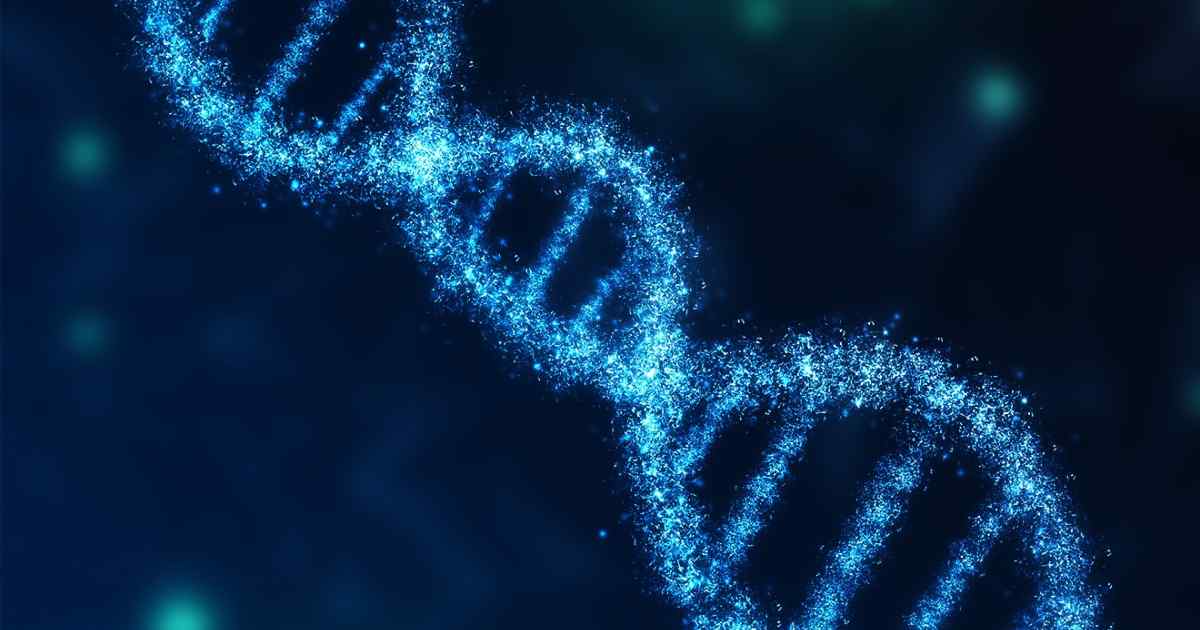
Expert Reviewed By: Dr. Brandon Colby MD
Introduction
Young adult-onset distal hereditary motor neuropathy (YADHMN) is a rare, genetically inherited disorder that affects the peripheral nerves, leading to muscle weakness and wasting, primarily in the hands and feet. This condition, often manifesting in young adulthood, can significantly impact the quality of life. As research progresses, genetic testing emerges as a crucial tool in understanding and managing this complex disorder.
Understanding Young Adult-Onset Distal Hereditary Motor Neuropathy
YADHMN is characterized by its gradual onset and progressive nature. The disease predominantly affects motor neurons, which are responsible for transmitting signals from the brain to muscles. As these neurons deteriorate, patients experience muscle weakness and atrophy, often leading to difficulties in movement and coordination.
Genetic Basis of YADHMN
The genetic underpinnings of YADHMN are complex, involving mutations in specific genes that are crucial for nerve function. Identifying these mutations has been challenging, but advancements in genetic testing have paved the way for more precise diagnoses and a deeper understanding of the disease mechanisms.
The Role of Genetic Testing in YADHMN
Identifying Genetic Mutations
Genetic testing allows for the identification of specific mutations associated with YADHMN. By analyzing a patient's DNA, healthcare providers can pinpoint genetic abnormalities that contribute to the disease. This information is invaluable for confirming a diagnosis and differentiating YADHMN from other similar neuropathies.
Personalized Treatment Approaches
Understanding the genetic mutations involved in YADHMN can lead to more personalized treatment strategies. Genetic testing can help identify which therapies may be most effective based on an individual's genetic profile. This personalized approach holds promise for improving patient outcomes and tailoring interventions to each patient's unique genetic makeup.
Family Planning and Genetic Counseling
For individuals with a family history of YADHMN, genetic testing offers insights into their risk of developing the disease or passing it on to future generations. Genetic counseling, informed by testing results, can guide family planning decisions, helping individuals understand their options and make informed choices about their reproductive health.
Potential Therapeutic Approaches
While there is currently no cure for YADHMN, ongoing research into the genetic basis of the disease is opening new avenues for treatment. Potential therapeutic approaches include gene therapy, which aims to correct or compensate for the faulty genes responsible for the disease. Additionally, targeted drug therapies are being explored to address the specific molecular pathways affected by the genetic mutations.
Future Directions in Research
The future of YADHMN research is promising, with genetic testing playing a pivotal role in advancing our understanding of the disease. Continued research efforts are focused on identifying additional genetic mutations, understanding their impact on nerve function, and developing targeted therapies to mitigate the effects of the disease.
Conclusion
Young adult-onset distal hereditary motor neuropathy presents significant challenges for those affected, but advancements in genetic testing offer hope for better diagnosis, management, and potential treatments. By unraveling the genetic threads of this complex disorder, researchers and healthcare providers are paving the way for improved outcomes and enhanced quality of life for individuals with YADHMN.
For further reading, please refer to the source.
About The Expert Reviewer
Dr. Brandon Colby MD is a US physician specializing in the personalized prevention of disease through the use of genomic technologies. He’s an expert in genetic testing, genetic analysis, and precision medicine. Dr. Colby is also the Founder of and the author of Outsmart Your Genes.
Dr. Colby holds an MD from the Mount Sinai School of Medicine, an MBA from Stanford University’s Graduate School of Business, and a degree in Genetics with Honors from the University of Michigan. He is an Affiliate Specialist of the American College of Medical Genetics and Genomics (ACMG), an Associate of the American College of Preventive Medicine (ACPM), and a member of the National Society of Genetic Counselors (NSGC)